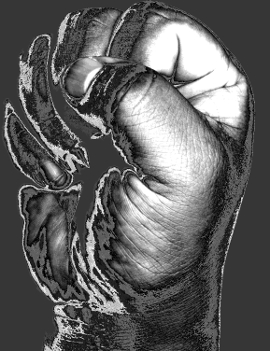Options up for big DHS strike
 About 15,000 Department of Human Services staff members will vote on whether to take industrial action, after gaining approval from the Fair Work Commission.
About 15,000 Department of Human Services staff members will vote on whether to take industrial action, after gaining approval from the Fair Work Commission.
Fair Work granted consent when it was satisfied that the union involved was “genuinely trying to reach agreement” with DHS before seeking the ballot.
The Community and Public Sector Union workers now have until November 17 to complete the voting process.
But it is not as simple as just ticking ‘Yes’ or ‘No’.
The vote is made in the form of nine yes-or-no questions to see if the CPSU member wants to protest in form of; bans or limited adherence to dress standards; not answering phones, responding to voicemails or emails; or not working outside normal hours.
There are some other options too, such as bans and restrictions on other kinds of work, taking breaks earlier or later than scheduled.
Some suggestions have the added bonus for the union of projecting its plight to all who interact with the Government during the strike.
Union members could end up reading a set CPSU statement to all clients and customers, copying it in written letters, emails, auto-reply messages or voicemails.
Any industrial action must be agreed upon and enacted within 30 days of Fair Work declaring the ballot to be legally protected.
Under the guidelines of the Fair Work Act, an employer would normally have to be notified three days in advance of each action, but the commission has ruled the CPSU must give at least five days notice before refusing to answer phone calls or otherwise hold up contact centres.
In another break with the normal process, the CPSU is running the massive DHS ballot with private agent The Election Company, rather than the Australian Electoral Commission. This move will leave the union with the bill, rather than the Commonwealth.
The CPSU says it chose the private path because the AEC does not do electronic ballots.
The electoral commission can only run this kind of ballot by postal vote, which the union says would be impractical for its 15,000 members spread around more than 600 locations.







 Print
Print